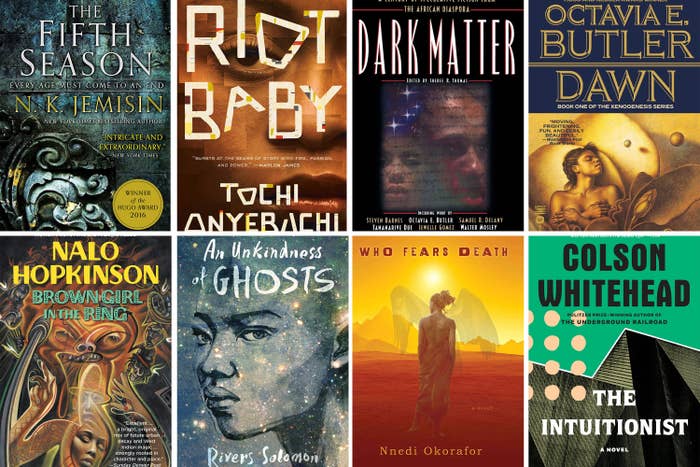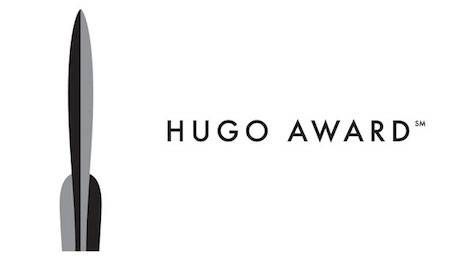by Finn Smith-Ruttan
It is Friday afternoon in Eagle Eye Book Shop. The busiest part of the day has passed and employees are starting on their inevitable back-list of tasks when around 4 o’clock, students from Druid Hills High School begin to trickle in. Chatting and browsing in groups, excitedly examining the new stock of manga, or relaxing in our reading room after a week of hard work, the students always bring a much appreciated energy to the store. That being said, recent controversy surrounding Druid Hills High has made it even easier to understand why some students might seek somewhere to go after classes have ended, even just to wait for their parents to pick them up.
For those unaware, the DeKalb Board of Education recently removed Druid Hills High School from its list of proposed modernization at its February meeting. This dismissal led students to make a truly shocking video demonstrating the disgusting and dangerous state of parts of the school buildings (video below). Highlights included water bubbling up from the weight room floor and exposed electrical wiring in a computer lab. A later interview even described a sewage and human waste spill disrupting fourth period, forcing class to be held in the cafeteria for multiple days. This video gained tremendous traction online, and as a result, the Board met again on April 18th to reconsider the situation. As the meeting was taking place, I had the opportunity to interview a Druid Hills High student, Darion Frazier, about the events surrounding their school and what decisions he hoped the Board would now make. “The outside is beautiful, but the inside is deteriorating,” he tells me. “It is not okay.”
One thing that became very clear, both from my own interview and others I had read online, was the affection the students have for their school. The older students working to improve the school’s conditions will likely graduate before seeing the full results of any repair or renovation effort, and yet they push for it nonetheless. When asked, Darion stated that he and the other students had felt very supported in their efforts by both the administration and the teachers. He made sure to emphasize the importance of the teachers feeling comfortable as well, noting the importance of a teacher in determining the atmosphere of a learning environment. If the poor working conditions drove away teachers as well, the issues facing Druid Hills High School would only compound themselves.
Darion told me he hoped that the “Board’s mistake will be corrected” and that Druid Hills High will receive “the funding it deserves.” However, after the results of the meeting were released, I am left to wonder whether the students and others pushing for school improvement will be satisfied. While the Board convened in order to approve a resolution to modernize Druid Hills High, they eventually decided on a broader resolution to make critical repairs to schools throughout the district, spreading out funds that had been “earmarked for Druid Hills High.” While this is certainly a step above the prior removal of Druid Hills from the plan entirely, it seems to only be a Band-Aid over Druid Hills’ true problems. Board member Marshall Orson contended that some of the safety concerns facing the school could not be fixed with simple repairs and would require redesign instead, citing how the school’s terracotta sewage pipes, originally intended for one building, are now supporting six. However, the Board ultimately decided to proceed only with the repairs they deem critical for district schools, leaving modernization for a later date.
While Druid Hills High still faces issues moving forward after this new resolution, the efforts of students and others do demonstrate the ability of even relatively small groups to effect change in their community. The Board of Education reconsidering their initial decision could not have happened without the intervention of concerned community members, and any future change will not happen without more of the same. We at Eagle Eye Book Shop support the needs of the teachers, students and parents to attend a safe school environment. We hope this information reaches those of you who want to help support the students at Druid Hills High, as well as get involved in the community as a whole. And students, we thank you for your continued patronage and support and hope the situation at school continues to improve.

















